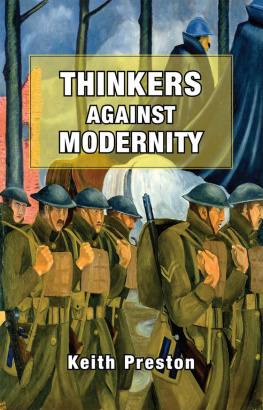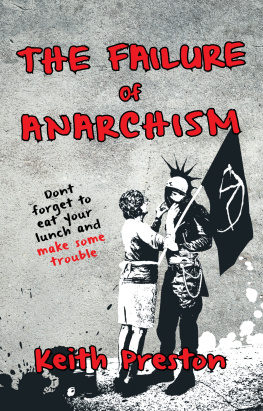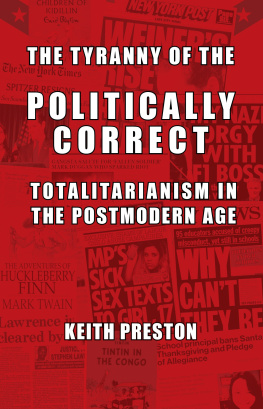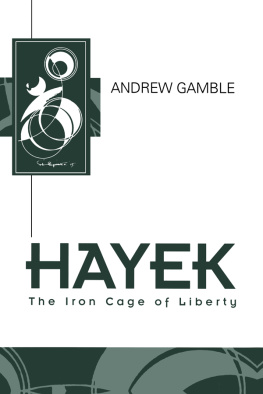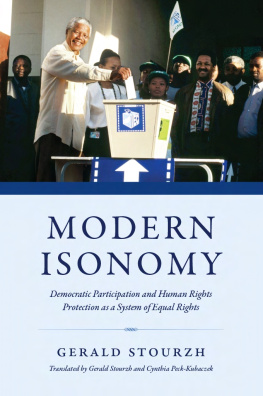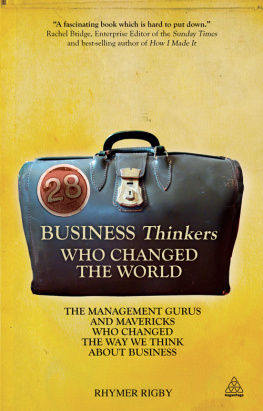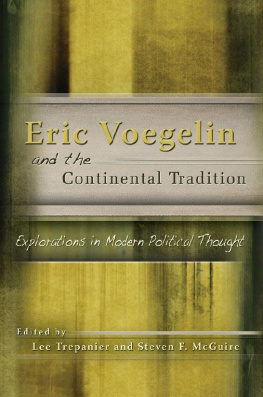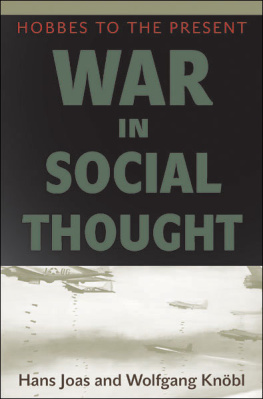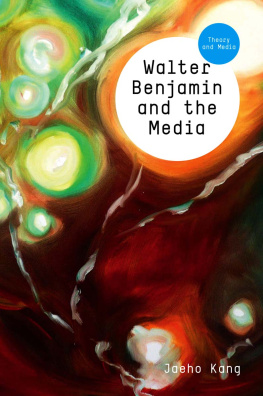All rights reserved. No partof this book may be reproduced in any form by any electronic or mechanicalmeans including photocopying, recording, or information storage and retrievalwithout permission in writing from the author.
Ernst Junger
Ernst Junger: The Resolute Life of an Anarch
Perhaps the most interesting, poignant and,possibly, threatening type of writer and thinker is the one who not only defiesconventional categorizations of thought but also offers a deeply penetratingcritique of those illusions many hold to be the most sacred. Ernst Junger(1895-1998), who first came to literary prominence during Germanys Weimar eraas a diarist of the experiences of a front line storm trooper during the GreatWar, is one such writer. Both the controversial nature of his writing and itsstaying power are demonstrated by the fact that he remains one of the mostimportant yet widely disliked literary and cultural figures of twentiethcentury Germany. As recently as 1993, when Junger would have been ninety-eightyears of age, he was the subject of an intensely hostile exchange in the NewYork Review of Books between an admirer and a detractor of his work. Onthe occasion of his one hundredth birthday in 1995, Junger was the subject of ascathing, derisive musical performed in East Berlin. Yet Junger was also therecipient of Germanys most prestigious literary awards, the Goethe Prize andthe Schiller Memorial Prize. Junger, who converted to Catholicism at the age of101, received a commendation from Pope John Paul II and was an honored guest ofFrench President Francois Mitterrand and German Chancellor Helmut Kohl at theFranco-German reconciliation ceremony at Verdun in 1984.
Though he was anexceptional achiever during virtually every stage of his extraordinarily longlife, it was his work during the Weimar period that not only secured for aJunger a presence in German cultural and political history, but also became thestandard by which much of his later work was evaluated and by which hisreputation was, and still is, debated.
Ernst Junger wasborn on March 29, 1895 in Heidelberg, but was raised in Hanover. His father,also named Ernst, was an academically trained chemist who became wealthy as theowner of a pharmaceutical manufacturing business, finding he was successfulenough to essentially retire while he was still in his forties. Though raisedas an evangelical Protestant, Jungers father did not believe in any formalreligion, nor did his mother, Karoline, an educated middle class German womanwhose interests included Germanys rich literary tradition and the cause of womensemancipation. His parents politics seem to have been liberal, though notradical, in the manner not uncommon to the rising bourgeoisie of Germanysupper middle class during the pre-war period. It was in this affluent, securebourgeoisie environment that Ernst Junger grew up. Indeed, many of Jungerslater activities and professed beliefs are easily understood as a revolt againstthe comfort and safety of his upbringing. As a child, he was an avid reader ofthe tales of adventurers and soldiers, but a poor academic student who did notadjust well to the regimented Prussian educational system. Jungers instructorsconsistently complained of his inattentiveness. As an adolescent, he becameinvolved with the Wandervogel, roughly the German equivalent of the Boy Scouts.
It was while attending a boarding schoolnear his parents home in 1913, at the age of seventeen, that Junger firstdemonstrated his first propensity for what might be called an adventurist wayof life. With only six months left before graduation, Junger left school,leaving no word to his family as to his destination. Using money given to himfor school-related fees and expenses to buy a firearm and a railroad ticket toVerdun, Junger subsequently enlisted in the French Foreign Legion, an elitemilitary unit of the French armed forces that accepted enlistees of anynationality and had a reputation for attracting fugitives, criminals and careermercenaries. Junger had no intention of staying with the Legion. He only wantedto be posted to Africa, as he eventually was. Junger then deserted, only to becaptured and sentenced to jail. Eventually his father found a capable lawyerfor his wayward son and secured his release. Junger then returned to hisstudies and underwent a belated high school graduation. However, it was only avery short time later that Junger was back in uniform.
Warrior and War Diarist
Ernst Junger immediately volunteered formilitary service when he heard the news that Germany was at war in the summerof 1914. After two months of training, Junger was assigned to a reserve unitstationed at Champagne. He was afraid the war would end before he had theopportunity to see any action. This attitude was not uncommon among many recruitsor conscripts who fought in the war for their respective states. The questionimmediately arises as to why so many young people would wish to look into theface of death with such enthusiasm. Perhaps they really did not understand thehorrors that awaited them. In Jungers case, his rebellion against the securityand luxury of his bourgeoisie upbringing had already been ably demonstrated byhis excursion with the French Foreign Legion. Because of his high schooleducation, something that soldiers of more proletarian origins lacked, Jungerwas selected to train to become an officer. Shortly before beginning hisofficers training, Junger was exposed to combat for the first time. From thestart, he carried pocket-sized notebooks with him and recorded his observations on the front lines. Hiswritings while at the front exhibit a distinctive tone of detachment, as thoughhe is simply an observer watching while the enemy fires at others. In themiddle part of 1915, Junger suffered his first war wound, a bullet graze to thethigh that required only two weeks of recovery time. Afterwards, he waspromoted to the rank of lieutenant.
At age twenty-one, Junger was the leader ofa reconnaissance team at the Somme whose purpose was to go out at night andsearch for British landmines. Early on, he acquired the reputation of a bravesoldier who lacked the preoccupation with his own safety common to most of thefighting men. The introduction of steel artifacts into the war, tanks for theBritish side and steel helmets for the Germans, made a deep impression onJunger. Wounded three times at the Somme, Junger was awarded the Iron MedalFirst Class. Upon recovery, he returned to the front lines. A combat daredevil,he once held out against a much larger British force with only twenty men.After being transferred to fight the French at Flanders, he lost ten of hisfourteen men and was wounded in the left hand by a blast from French shelling.After being harshly criticized by a superior officer for the number of men loston that particular mission, Junger began to develop contempt for the militaryhierarchy whom he regarded as having achieved their status as a result of theirclass position, frequently lacking combat experience of their own. In late1917, having already experienced nearly three full years of combat, Junger waswounded for the fifth time during a surprise assault by the British. He wasgrazed in the head by a bullet, acquiring two holes in his helmet in theprocess. His performance in this battle won him the Knights Cross of theHohenzollerns. In March 1918, Junger participated in another fierce battle withthe British, losing 87 of his 150 men.
Nothing impressed Junger more than personalbravery and endurance on the part of soldiers. He once fell to the ground intears at the sight of a young recruit who had only days earlier been unable tocarry an ammunition case by himself suddenly being able to carry two cases ofmissiles after surviving an attack of British shells. A recurring theme inJungers writings on his war experiences is the way in which war brings out themost savage human impulses. Essentially, human beings are given full license toengage in behavior that would be considered criminal during peacetime. He wrotecasually about burning occupied towns during the course of retreat or a shiftof position. However, Junger also demonstrated a capacity for merciful behaviorduring his combat efforts. He refrained from shooting a cornered Britishsoldier after the foe displayed a portrait of his family to Junger. He waswounded yet again in August of 1918. Having been shot in the chest and directlythrough a lung, this was his most serious wound yet. After being hit, he stillmanaged to shoot dead yet another British officer. As Junger was being carriedoff the battlefield on a stretcher, one of the stretcher carriers was killed bya British bullet. Another German soldier attempted to carry Junger on his back,but the soldier was shot dead himself and Junger fell to the ground. Finally, amedic recovered him and pulled him out of harms way. This episode would be theend of his battle experiences during the Great War.

